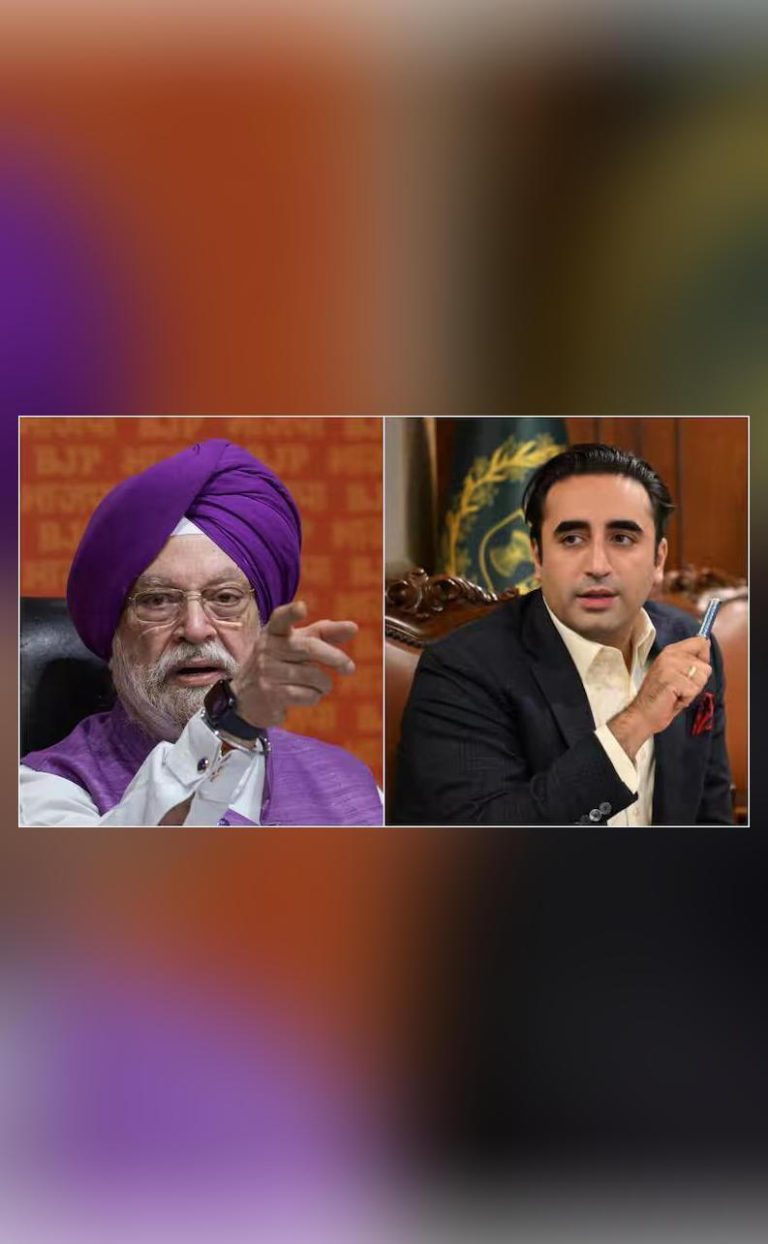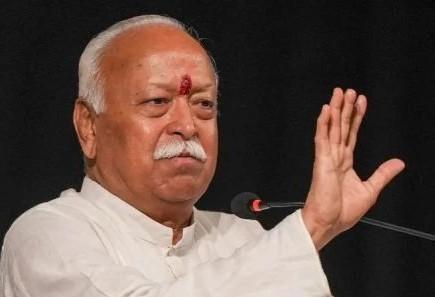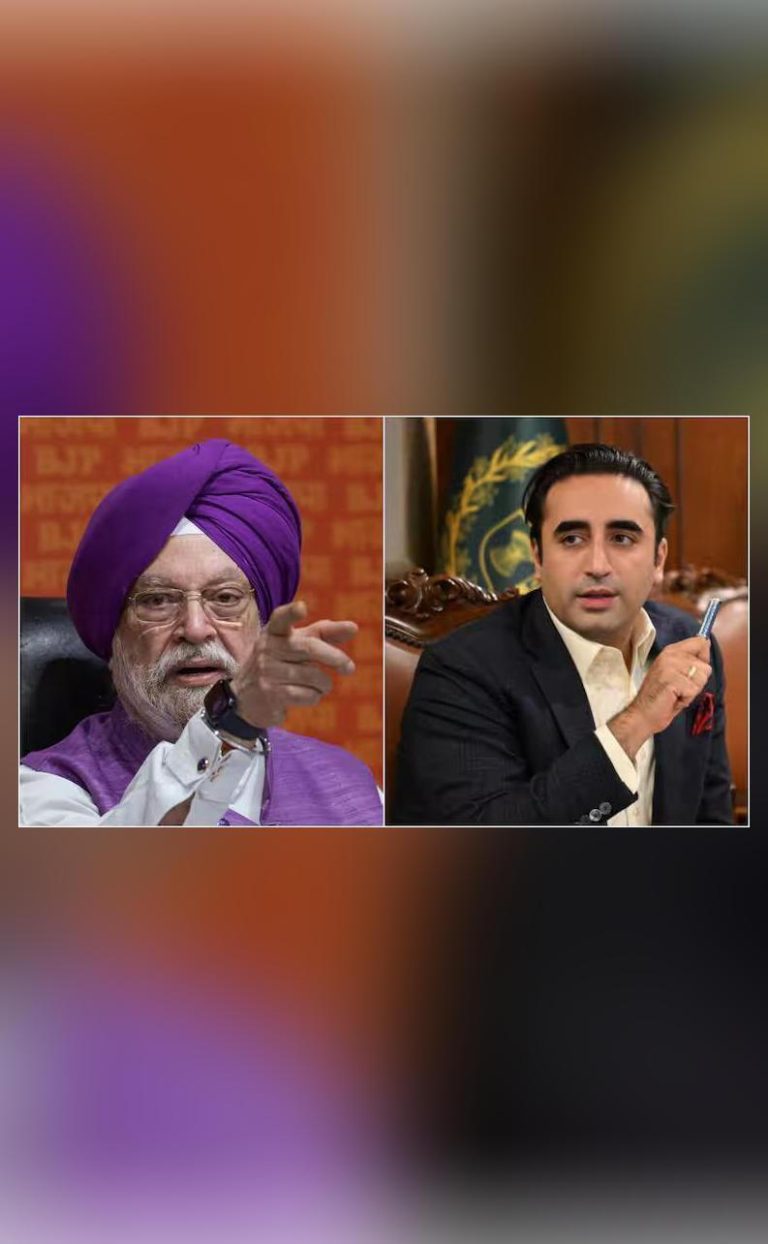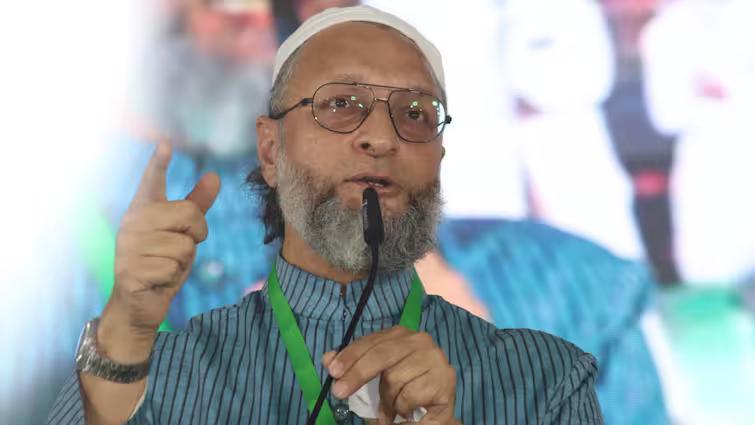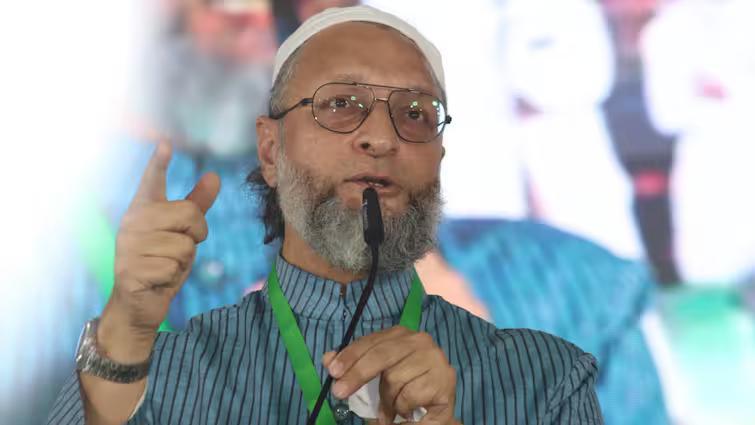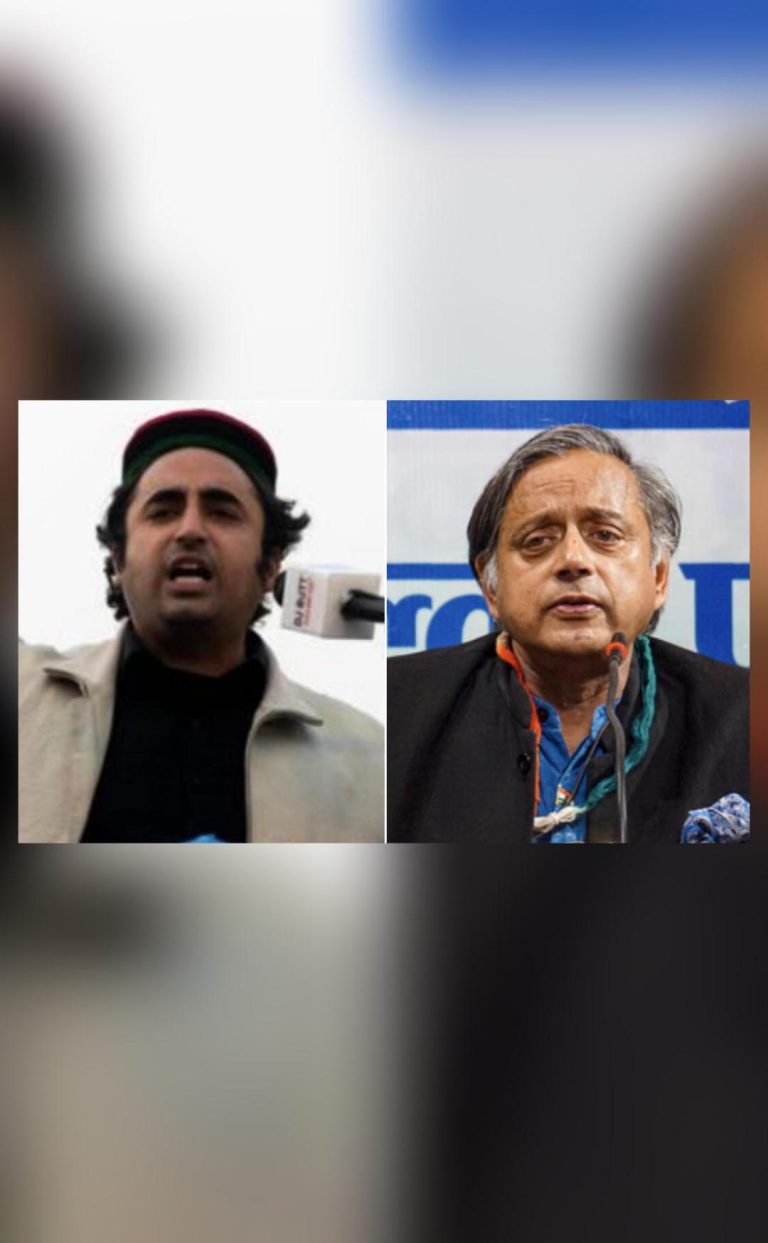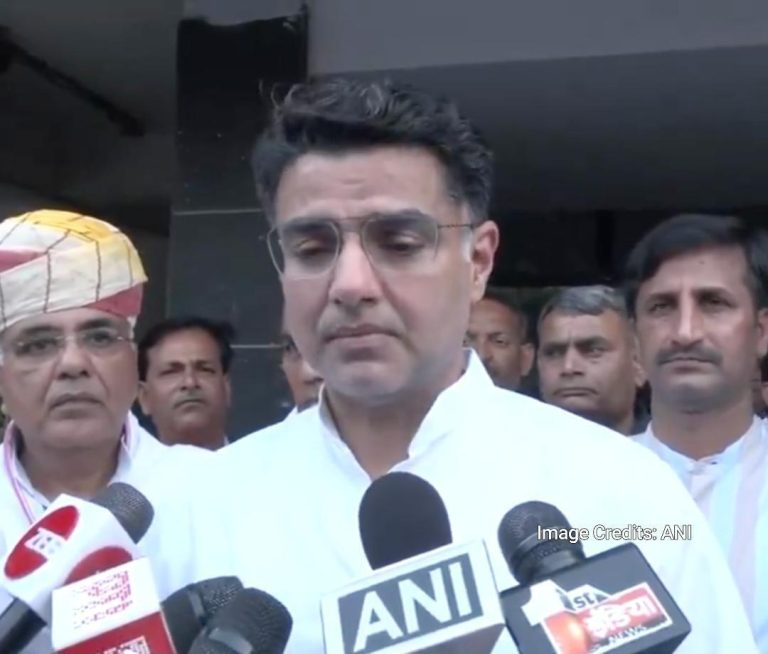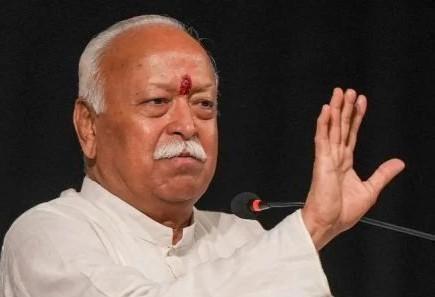
If someone turns to evil then we’ll teach lesson: Bhagwat on J&K attack
In the aftermath of the recent terror attack in Pahalgam, Jammu and Kashmir, RSS chief Mohan Bhagwat made some thought-provoking statements that have sparked a national debate. In a recent interview, he emphasized the importance of non-violence as a fundamental aspect of Indian culture, but also emphasized that there are times when teaching a lesson to “oppressors and hooligans” becomes necessary.
The RSS chief’s comments came as a response to the brutal attack on tourists in Pahalgam, which left several people injured and one person dead. The attack was carried out by terrorists who seem to have no regard for human life or dignity. In the face of such evil, it is natural to wonder how we should respond.
Bhagwat’s statement that “non-violence is India’s religion” is a reflection of the country’s proud tradition of non-violence and tolerance. India has always been a beacon of hope for people from all over the world, a place where people of different faiths and ideologies can coexist peacefully. The RSS chief’s emphasis on non-violence is a reminder that violence is not an effective or sustainable means of achieving our goals.
However, Bhagwat also emphasized that there are times when teaching a lesson to those who perpetuate violence becomes necessary. “If someone is bent on being evil, what is the cure?” he asked. This is a question that has been at the heart of many of India’s conflicts and challenges. When faced with evil, it is natural to want to respond with force or violence. But Bhagwat’s message is clear: violence begets violence, and a cycle of retaliation only leads to more suffering.
So, what is the cure for evil? Bhagwat suggests that it is the duty of the king, or those in power, to protect the people. The king’s duty is not to seek revenge or to perpetuate violence, but to ensure the safety and well-being of his people. This is a message that resonates deeply with many Indians, who are tired of living in a state of fear and uncertainty.
The RSS chief’s comments have sparked a national debate, with many people asking whether his message of non-violence and teaching a lesson to oppressors is consistent with India’s current security policy. Some have argued that India’s military response to terrorism has been inadequate, and that more needs to be done to protect its citizens.
Others have criticized Bhagwat’s statement as being too soft on terrorism, and have argued that India needs to take a harder line against those who perpetuate violence. However, Bhagwat’s message is not about being soft or hard, but about being wise and thoughtful in our response to evil.
In the face of evil, it is natural to want to respond with force or violence. But Bhagwat’s message is that this is not an effective or sustainable means of achieving our goals. Instead, we need to find a way to break the cycle of violence and retaliation, and to respond to evil with compassion and understanding.
This is not to say that India should not take action to protect its citizens. Of course, the government has a duty to ensure the safety and well-being of its people, and to take all necessary measures to prevent and respond to terrorist attacks. But Bhagwat’s message is that we need to find a way to do this without perpetuating violence and retaliation.
In the end, Bhagwat’s statement is a reminder that the battle against evil is not just about violence and retaliation, but about finding a way to respond to it with compassion and understanding. It is a reminder that India’s strength lies not in its military might, but in its capacity for non-violence and tolerance.
As the country grapples with the aftermath of the Pahalgam attack, Bhagwat’s message is a timely reminder of the importance of staying true to our values of non-violence and tolerance. We need to find a way to respond to evil without perpetuating violence and retaliation, and to find a way to break the cycle of violence and retaliation.
In conclusion, Bhagwat’s statement is a powerful reminder of the importance of non-violence and teaching a lesson to oppressors. It is a message that resonates deeply with many Indians, who are tired of living in a state of fear and uncertainty. As we move forward, we need to find a way to respond to evil with compassion and understanding, and to break the cycle of violence and retaliation.
